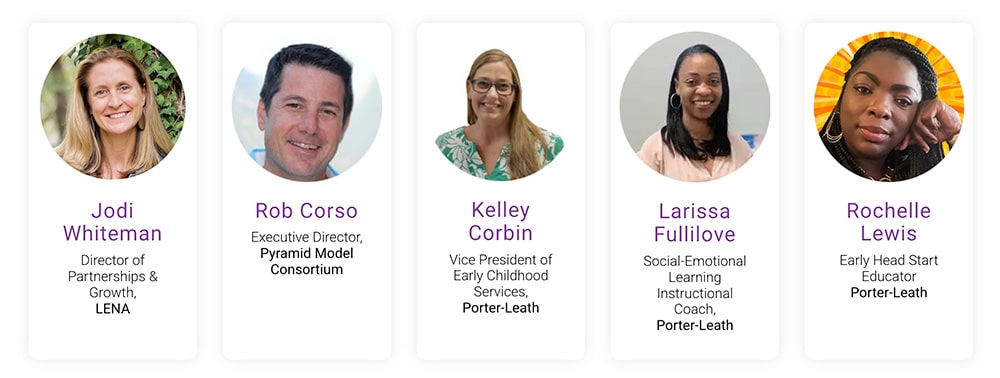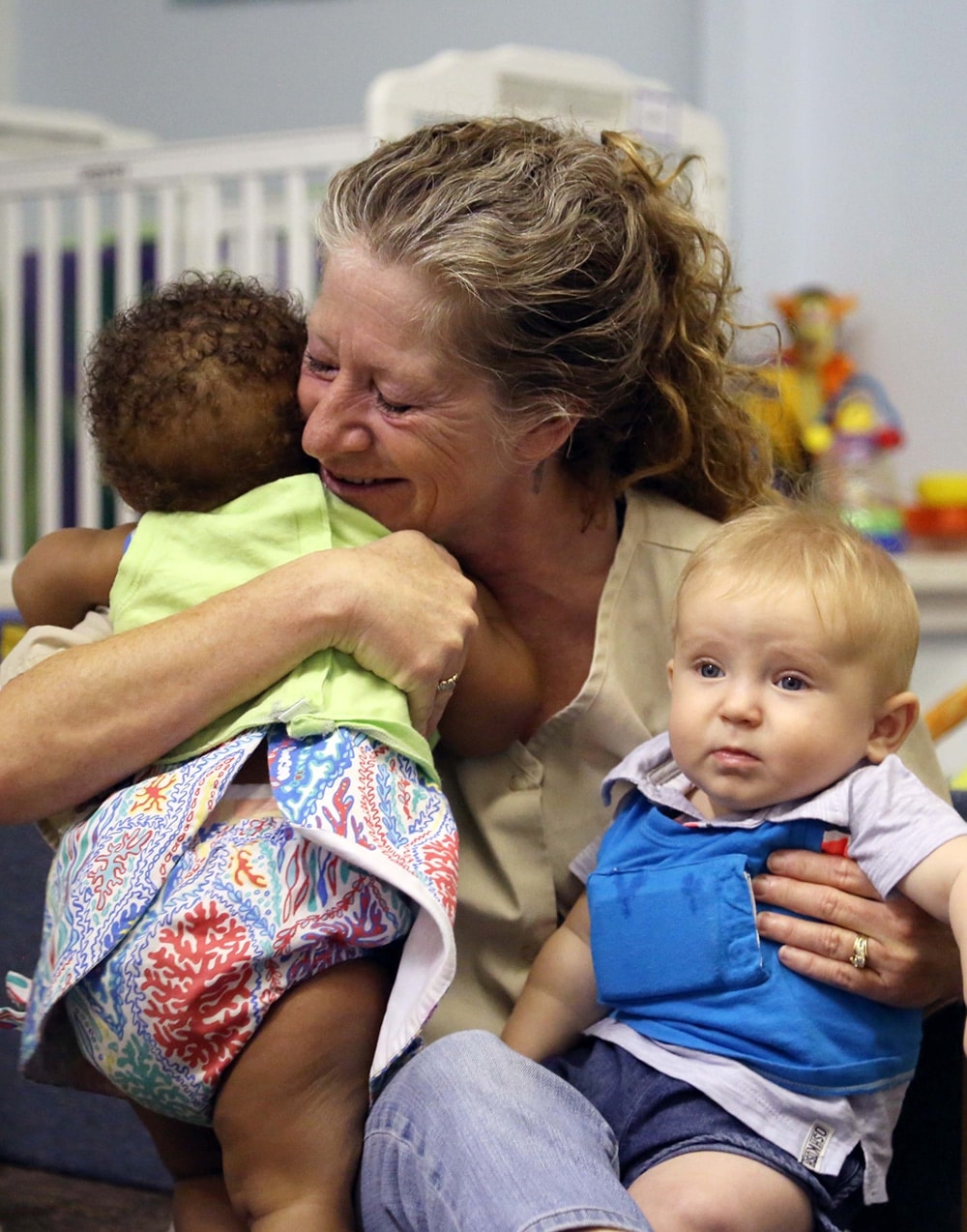Status: On Demand
Duration: Not specified
Challenging behavior in early childhood settings often points to underlying social-emotional or mental health needs, not just behavioral issues. This webinar explores how intentional, responsive educator-child interactions can prevent and address behavioral challenges—especially in the wake of the COVID-19 pandemic.
Attendees will gain insight into:
- The current landscape of behavioral challenges in early education
- How adverse childhood experiences (ACEs) and stress impact behavior
- The role of educator-child interactions in managing and preventing challenging behavior
- Practical strategies rooted in social-emotional learning and trauma-informed care
Key Takeaway:
By focusing on relationships over discipline, educators can support healthier classroom environments and long-term child development.
Panelists:

- Jodi Whiteman, Director of Partnerships & Growth, LENA
- Rob Corso, Executive Director, Pyramid Model Consortium
- Kelley Corbin, VP of Early Childhood Services, Porter-Leath
- Larissa Fullilove, SEL Instructional Coach, Porter-Leath
- Rochelle Lewis, Early Head Start Educator, Porter-Leath
